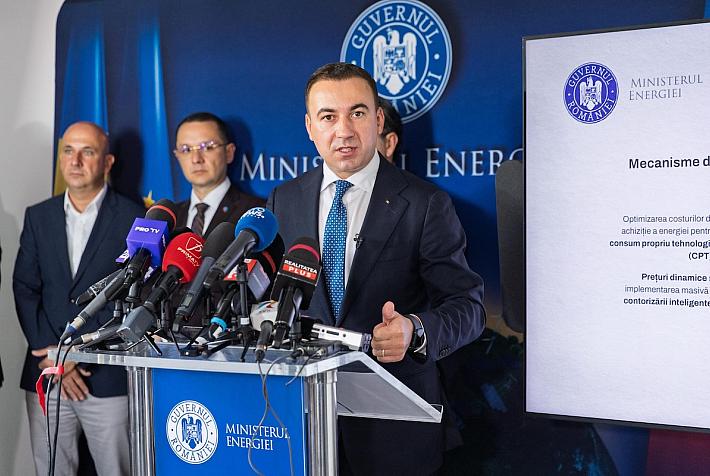Romanians sending less money home in 2012, more returning due to struggling employment markets in EU


Total remittances, or the money people working abroad send home, to Romania have fallen again in 2012, according to a new report from the World Bank. Post crisis, remittances to Romania declined steeply. In 2009 they fell around 60 percent year on year. In the following two years, annual remittance totals recovered to nearly a flat growth rate before tumbling again this year to significant contractions.
The World Bank also noted that Romanians, and other Eastern European EU citizens with rights to free movement, were retuning home in far greater numbers than migrant workers from outside the Union. This pattern was caused by greater fears over getting back into Europe among workers from outside the EU than among Eastern Europeans, who are free to return to Italy, Spain, France, the UK etc, whenever the employment markets improve.
Outward remittances from Italy and Spain, traditionally popular destinations for Romanian workers, have also fallen over the last year, dipping below zero percent annual growth towards the end of 2011 and continuing on a downward trend over the first two quarters in 2012. The UK on the other hand has seen outward remittances climb back into growth in the Q2 2012, after almost a year of annual rate contraction.
Globally, the World Bank has seen growth in remittances to developing countries in 2012, estimating USD 406 billion for this year, 6.5 percent growth over 2011. The World Bank expects this figure to rise 8 percent in 2013 and 10 percent in 2014 to reach USD 534 billion in 2015. The Migration and Development Brief also criticizes the cost of sending money home, saying it currently too high. According to the report, the average cost in the top 20 remittance corridors was 7.5 percent, while global average was even higher at 9 percent. The World Bank suggests that new US legislation to be implemented in February 2013 will bring greater transparency to the money transfer market and, as a result, more competition and lower tariffs.
Liam Lever, liam@romania-insider.com












